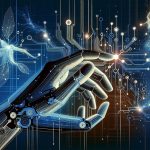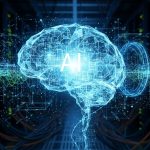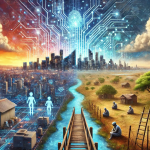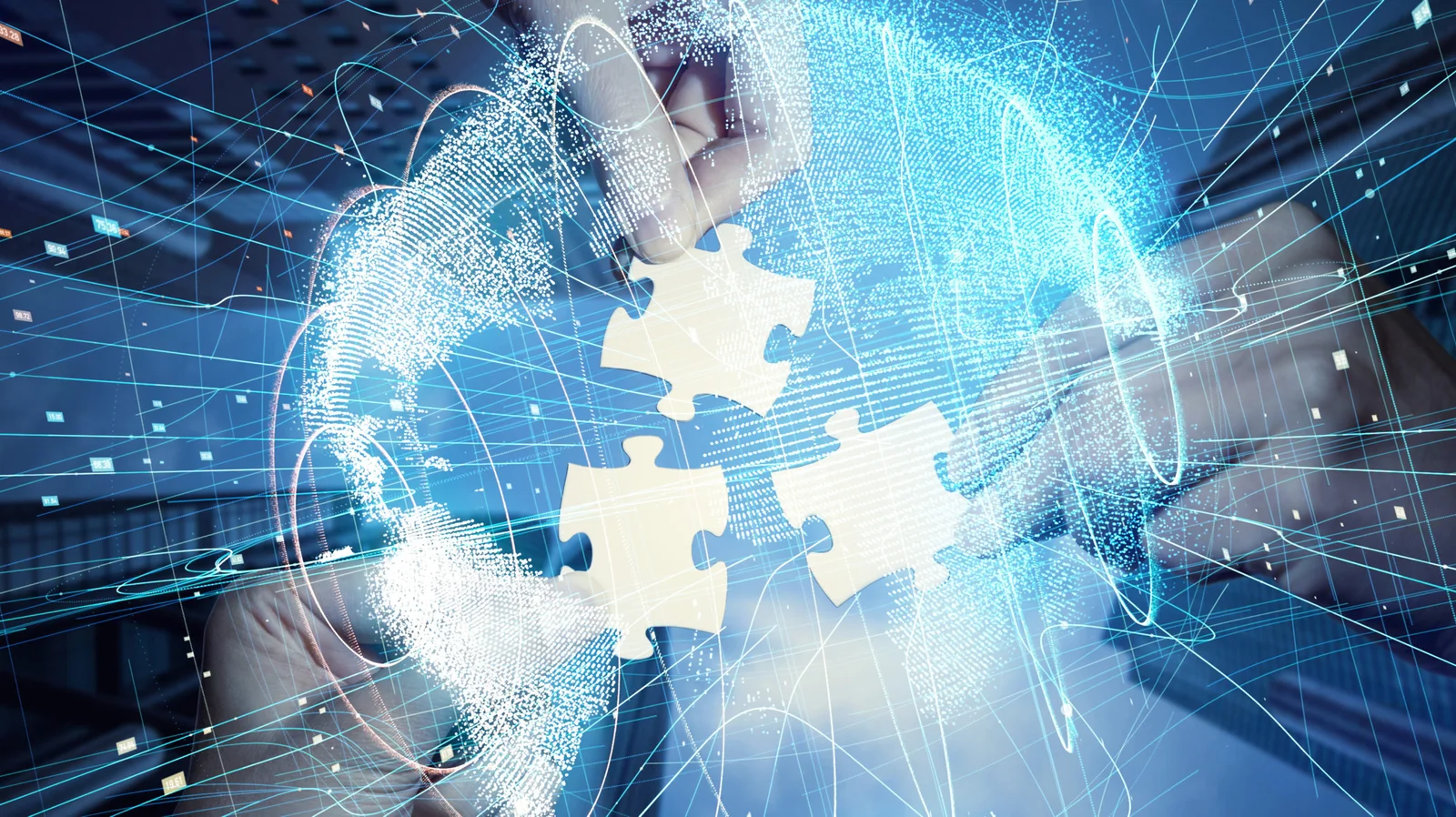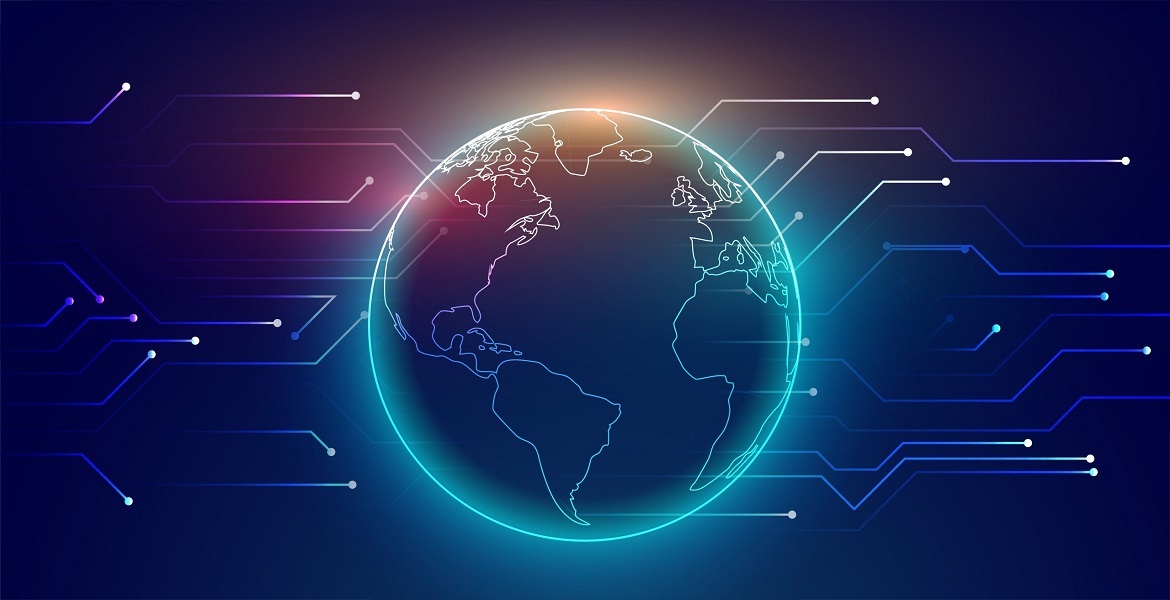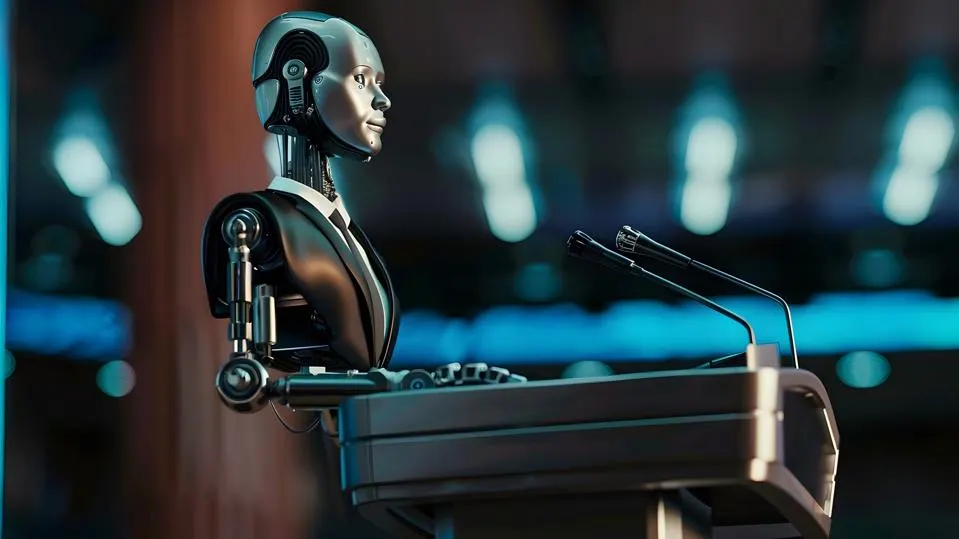Introduction
In a world where technology and politics are increasingly intertwined, artificial intelligence has emerged as a transformative force in global diplomacy. Governments, corporations, and influencers now rely on AI to shape narratives, analyze conflicts, and predict economic shifts. This fusion of innovation and governance is redefining how countries communicate and collaborate.
As celebrity activism and digital influence continue to grow, diplomacy is evolving beyond closed-door summits and into the realm of global social media. AI-driven analytics, coupled with the power of public figures, have turned diplomacy into a transparent, data-informed process that engages billions worldwide.
AI as a Diplomatic Tool
Artificial intelligence has become indispensable in modern international relations. Governments use machine learning to monitor global events, detect misinformation, and forecast security threats. These systems provide diplomats with real-time insights, helping them craft informed responses to crises.
Beyond intelligence gathering, AI tools are being used to simulate negotiations, test policy outcomes, and predict the social impact of political decisions. While this innovation brings efficiency, it also raises concerns about data manipulation, bias, and overreliance on algorithms in critical decision-making.
Celebrity Diplomacy in the Digital Era
Celebrities have emerged as unexpected players in international diplomacy. Figures like Angelina Jolie, Malala Yousafzai, and Leonardo DiCaprio have used their fame to advocate for humanitarian aid, education, and climate action. Their global influence often helps amplify messages that official institutions struggle to communicate.
This phenomenon has created a new model of “soft diplomacy,” where celebrity voices complement political agendas. However, critics argue that the emotional appeal of fame sometimes overshadows complex policy discussions, leading to symbolic gestures rather than lasting change.
The Role of Technology Companies in Foreign Policy
Tech corporations now play a pivotal role in shaping global politics. Companies like Google, Microsoft, and OpenAI are developing tools that directly influence international policy, from cybersecurity to energy infrastructure. Their partnerships with governments blur the line between private innovation and public governance.
However, this growing influence also presents challenges. As corporations gain access to massive amounts of global data, questions arise about accountability and sovereignty. The intersection of business and diplomacy demands transparent frameworks to ensure ethical collaboration between states and tech giants.
AI and the Ethics of Power
The ethical implications of AI in diplomacy are profound. Machine learning systems can perpetuate bias, manipulate information, or even mislead policymakers through flawed data interpretation. These risks highlight the importance of human oversight in an increasingly automated diplomatic landscape.
Global organizations such as the United Nations and the European Union are working to establish AI governance frameworks to promote fairness and accountability. The challenge lies in creating universally accepted standards that respect cultural diversity while ensuring responsible innovation.
Social Media, Public Opinion, and Digital Diplomacy
Social media platforms have become essential diplomatic tools, allowing nations to engage directly with global audiences. Political leaders use platforms like X and Instagram to shape perception, clarify policy, and counter misinformation. AI enhances this process by analyzing trends and sentiment in real time.
However, this digital openness comes with vulnerability. Misinformation campaigns, deepfakes, and cyberattacks have weaponized online discourse, threatening the integrity of public diplomacy. Balancing transparency with security has become one of the greatest challenges of the digital age.
The Future of Global Cooperation
The next era of diplomacy will depend on how well humanity integrates technology with empathy and ethics. AI can streamline negotiations, predict humanitarian crises, and foster sustainable growth, but only if guided by fairness and inclusivity.
As global challenges such as climate change, migration, and cyber warfare grow more complex, collaboration between governments, innovators, and public figures will be essential. The true measure of progress will be whether AI helps unite nations or deepen divisions.
FAQs
How is AI changing global diplomacy?
AI assists in real-time decision-making, conflict analysis, and policy modeling, making diplomatic efforts more data-driven and efficient.
What role do celebrities play in international relations?
Celebrities raise awareness of global issues, using their influence to mobilize public support for humanitarian and environmental causes.
Why are tech companies involved in diplomacy?
Their technologies shape cybersecurity, infrastructure, and communication systems that are vital to global governance and cooperation.
What are the ethical challenges of AI in politics?
Bias, misinformation, and lack of accountability remain major risks, requiring strict oversight and transparent policies.
Can AI help prevent global conflicts?
Potentially, yes. Predictive analytics can identify risks early and provide data that supports peacebuilding and negotiation efforts.
Conclusion
The fusion of artificial intelligence, politics, and celebrity influence marks a defining chapter in the evolution of diplomacy. Technology now drives global communication, empowering both leaders and citizens to engage in shaping international agendas. Yet, it also brings new ethical and strategic complexities that demand caution and foresight.
In the years ahead, diplomacy will no longer be defined by geography or hierarchy but by connectivity and collaboration. As the world embraces AI-driven governance, the challenge lies in ensuring that technology strengthens global unity rather than undermines it. The future of peace may depend not only on algorithms and analytics but on the human values guiding their use.


